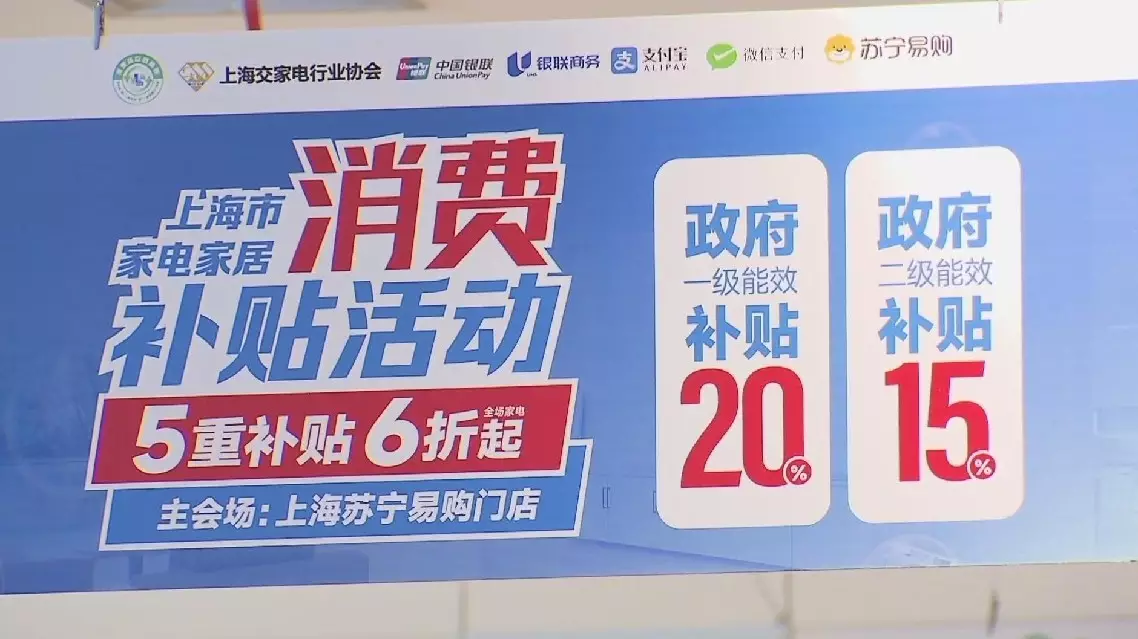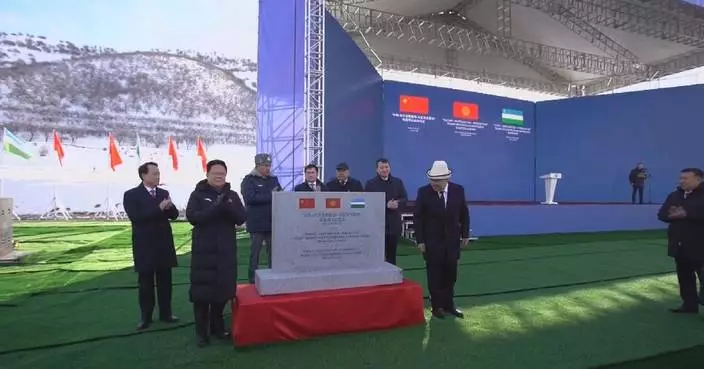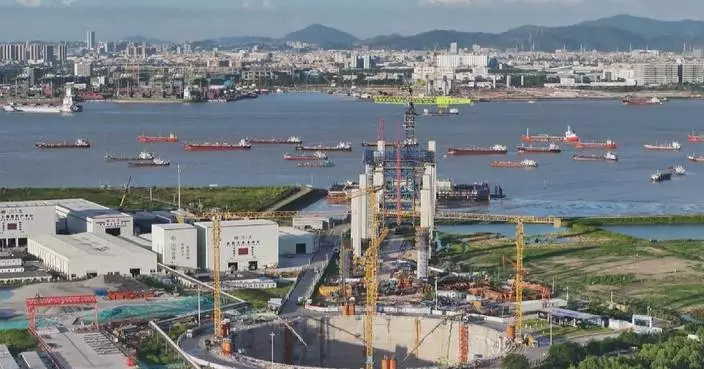Panamanian President Jose Raul Mulino on Thursday rejected U.S. President-elect Donal Trump's threat to take back the Panama Canal, reiterating that the canal is Panamanian.
Trump has recently threatened to take back the canal into U.S. control as he claimed that the U.S. is being ripped off by excessive shipping rates.
"There is no possibility of discussing anything that seeks to reconsider the legal-political reality of the Panama Canal. There is nothing to talk about. The Canal is Panamanian, period," Mulino said.
Mulino also dismissed the possibility to reduce transit fees for U.S. vessels, saying that the Panama Canal is now independently operated by Panamanians, and the process for setting tolls is open and transparent.
Criticizing the U.S. for giving a compensation that was next to nothing to Panama when taking control of the canal, Mulino said that it took the efforts of generations of Panamanians to reclaim sovereignty over the canal and Trump's remarks, which disregard historical facts, are driven by "geopolitical fear".
The U.S. gained the rights to build and control the canal and the canal zone in 1903 through the Hay-Bunau-Varilla Treaty, by supporting Panama's independence.
To reclaim sovereignty over the canal, Panama and the U.S. signed the Panama Canal Treaty and Neutrality Treaty in 1977 that terminated on Dec 31, 1999. Based on the treaties, Panama took full control of the canal and all U.S. military forces withdrew from the canal since that day.

Panamanian president rejects Trump's threat on taking back Panama Canal
Governments at all levels across China are promoting consumer goods trade-ins and industrial equipment upgrade with preferential policies and subsidies, bringing about significant growth in home appliance sales and equipment production. So far this year, the trade-in policies have brought a total sale of one trillion yuan (about 137 billion U.S. dollars) nationwide, and boosted production of trade-in-related goods like new energy vehicles (NEVs) and home-use freezers.
In Shanghai, in addition to the eight categories of nationwide subsidized products, like refrigerators, television sets, and computers, the local government introduced extra subsidies for additional home appliances, as well as interior materials, furniture, elderly-friendly products, and more to meet local needs.
According to statistics, Shanghai's trade-ins of home appliances have exceeded 6.4 million times, boosting trade of the eight categories by 30 to 40 percent compared to last year's statistics, and the total sales of home appliances on all platforms exceeded 10 billion yuan (about 1.37 billion U.S. dollars).
In central China's Hubei Province, the local government is providing subsidies unlimited times for passenger vehicles trade-ins, expanding subsidized kitchen and bathroom appliances, and involving interior goods and materials to the list, benefiting consumers in over 4.5 million transactions and bringing a total sale of 50 billion yuan (about 6.8 billion U.S. dollars).
In the first three quarters, industrial equipment upgrade policies have stimulated investments in equipment and tools, featuring a 16.4 percent year-on-year increase, with food manufacturing, agricultural products processing, and metal smelting equipment production increasing by 38.1 percent, 34.6 percent, and 13.2 percent, respectively.
In addition to consumer goods, governments at all levels have been actively offering allowances and providing guidance for companies to upgrade appliances and technologies to facilitate domestic consumption "We have applied for nearly 50 million yuan (about 6.8 million U.S. dollars) funding for equipment upgrades. With active advertising and mobilization, we encouraged local advantageous companies in machinery and medicine and health to apply, and provide guidance for them on company digitalization and technology upgrade," said Yu Biao, deputy director of the Development and Reform Bureau of Xinchang County in Shaoxing City of east China's Zhejiang Province.
Companies are also benefiting from the policy, and many are pursuing expansion with government allowances.
"We have benefited from the 'one-time pre-tax deduction policy for equipment and tools under 5 million yuan (about 680,000 U.S. dollars)' and reinvested additional funds for the Phase II expansion. As a result, the annual processing capacity has increased from 80,000 tonnes to 130,000 tonnes," said Tang Kaibo, general manager of Liaoning Lvyuan Renewable Energy Development Co., Ltd.

Local governments promote trade-ins, equipment upgrade with policies, subsidies










